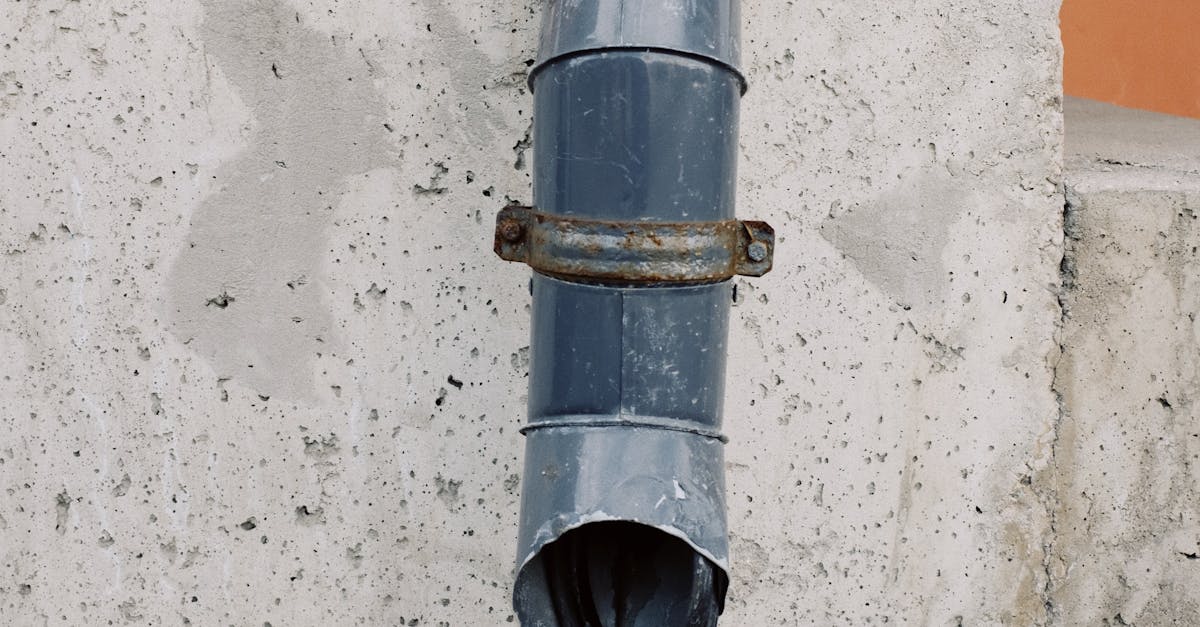
At Drainmaster Inc, we specialize in comprehensive water heater installation and repair services, ensuring that you enjoy hot water whenever you need it. Our skilled technicians are experienced in both traditional and tankless water heater systems, providing expert assessments to help you choose the right solution for your home. Whether you need a new unit installed or your current system requires repair, we prioritize efficiency and quality in every job. We understand how essential hot water is for your daily life, which is why we strive to deliver prompt, reliable service with a focus on customer satisfaction. Trust Drainmaster Inc to keep your water heater running smoothly and effectively.
Energy Efficiency and Water Heaters
Choosing an energy-efficient water heater can significantly impact both your utility bills and environmental footprint. Modern units, such as tankless and heat pump water heaters, utilize advanced technology to reduce energy consumption compared to traditional models. These options heat water only as needed or utilize ambient temperature, providing hot water on-demand while minimizing energy waste.
Additionally, ensuring proper insulation around your water heater and hot water pipes can enhance efficiency. Insulated tanks retain heat better, reducing the need for excess energy to maintain temperature. Regular maintenance, such as flushing the tank to remove sediment buildup, also contributes to optimal performance, allowing the heater to work more efficiently and prolonging its lifespan.
Saving Money on Utility Bills
Energy efficiency in water heaters is crucial for reducing overall utility costs. Selecting the right model can lead to significant savings on energy bills. High-efficiency water heaters are designed to use less energy while providing the same amount of hot water. Look for models with a high Energy Factor (EF) rating, indicating greater efficiency. Additionally, consider options such as tankless water heaters, which only heat water as needed, eliminating standby energy losses associated with traditional tanks.
Regular maintenance also plays a critical role in cost savings. Flushing the tank annually helps remove sediment buildup, which can hinder performance and efficiency. Insulating the water heater and hot water pipes can further reduce energy consumption. Simple adjustments, like lowering the thermostat temperature to 120 degrees Fahrenheit, not only enhance safety but also cut down on energy costs. Taking these steps can contribute to reduced utility bills over time, making efficient usage of resources more manageable.
Troubleshooting Common Water Heater Problems
Water heaters can encounter a variety of issues that may disrupt their functioning, causing inconveniences for homeowners. A common problem is insufficient hot water, often caused by a faulty thermostat or sediment buildup in the tank. In some cases, the heating elements may fail, particularly in electric models. To diagnose the issue, check the temperature setting on the thermostat or inspect the heating elements for signs of wear.
Another frequent concern involves unusual noises emanating from the heater, which can indicate sediment accumulation at the bottom of the tank. Flushing the tank can often resolve this issue. If the water appears rusty or has a foul smell, it might signal that the anode rod needs replacing or that the tank itself is corroding. Regular maintenance can prevent these problems from escalating, ensuring a more reliable hot water supply.
Solutions for Immediate Fixes
When facing unexpected issues with your water heater, immediate troubleshooting can save time and money. If you notice no hot water, start by checking the thermostat settings. Ensure that the temperature is set correctly, typically between 120 to 140 degrees Fahrenheit. If the thermostat appears fine, inspect the circuit breaker or fuse box for any tripped breakers or blown fuses. These simple steps can help restore hot water quickly without the need for professional intervention.
In cases where you experience leaks, turn off the water supply to the heater immediately to prevent further damage. Tighten any loose fittings or connections that may be the source of the leak. If the problem persists, the pressure relief valve might be faulty, or the tank could be rusted. Identifying the issue promptly can avoid costly repairs down the line and provide you with temporary relief until a professional plumber can assess the situation.
The Importance of Regular Inspections
Regular inspections of water heaters are crucial in maintaining their efficiency and prolonging their lifespan. Routine checks can identify potential issues before they escalate into major problems. A slight dip in performance can often signal an underlying issue, making inspections key to avoiding costly repairs in the future. Technicians can evaluate components such as the thermostat, heating elements, and valves to ensure everything operates smoothly.
Proactive maintenance also aids in enhancing energy efficiency. A well-maintained water heater uses less energy to heat water, resulting in lower utility bills. Inspections provide opportunities to flush the tank and remove sediment buildup, which can hinder performance. By prioritizing regular check-ups, homeowners can prevent surprises and ensure their water heaters function optimally year after year.
Preventing Major Failures
Regular inspections serve as a crucial tool in maintaining the efficiency and longevity of water heaters. These inspections allow professionals to identify potential issues before they escalate into major failures. Factors such as sediment buildup, pressure fluctuations, and worn-out components can be detected early on, helping to prevent costly repairs down the line. A well-maintained water heater not only operates more efficiently but also extends its lifespan.
Adhering to a routine maintenance schedule can significantly reduce the risk of unexpected breakdowns. Flushing the tank to remove sediment and checking the anode rod every few years ensures that the heater continues to function optimally. Homeowners should also pay attention to any unusual noises or fluctuations in water temperature. Addressing these warning signs promptly can prevent more severe complications and ensure consistent hot water access.
FAQS
What should I consider when choosing a water heater for my home?
When choosing a water heater, consider factors such as the type (tank or tankless), size, energy efficiency ratings, and the cost of installation. Additionally, assess your household's hot water usage patterns to select a model that meets your needs.
How often should I have my water heater inspected?
It is recommended to have your water heater inspected at least once a year to ensure it is functioning efficiently and to identify any potential problems before they become major issues.
What are some common signs that my water heater needs repair?
Common signs that your water heater may need repair include inconsistent water temperatures, strange noises, leaks around the unit, or discolored water. If you notice any of these issues, it is best to consult a professional.
Can I install a water heater myself, or should I hire a professional?
While some homeowners may choose to install a water heater themselves, it is generally advisable to hire a professional. Proper installation is crucial for safety and efficiency, and local codes may require it to be done by a licensed technician.
How can I improve the energy efficiency of my water heater?
To improve the energy efficiency of your water heater, consider insulating the tank and pipes, setting the thermostat to 120°F, and performing regular maintenance like flushing the tank to remove sediment buildup. Upgrading to a high-efficiency model can also help reduce energy consumption.


